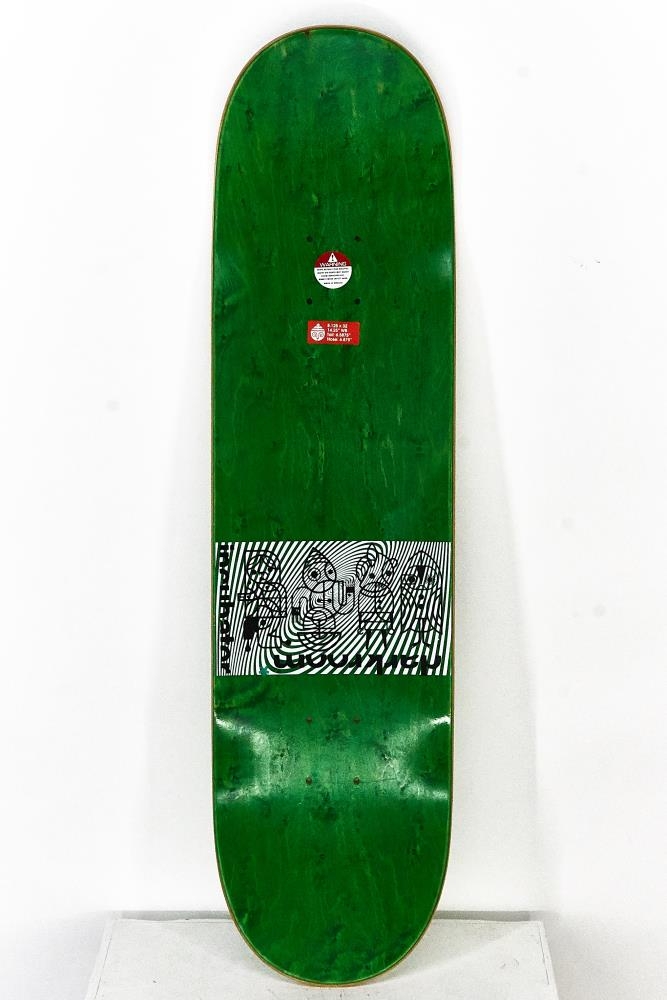

probably reveals an accuracy scarcely to be expected.
Darkroom microcosm deck verification#
If the date provided by Captain can be considered accurate, Anderson concludes that Melville's stay in the "Typee Valley" part of the island would have been merely "four weeks, or possible eight weeks at the most." However, in trying to determine the end date of Melville's stay, Anderson primarily relies on Melville's own internal accounts of various events, for instance that he was rescued from the valley on a "Monday." In summing up his view of Typee, Anderson writes:įor the general student of Melville, the detailed analysis and verification of these matters. The Knickerbocker called Typee "a piece of Münchhausenism." New York publisher Evert Augustus Duyckinck wrote to Nathaniel Hawthorne that "it is a lively and pleasant book, not over philosophical perhaps." In 1939, Charles Robert Anderson published Melville in the South Seas in which he elaborated on a number of Melville's likely sources in supplementing his work and also documented the existence of an affidavit from the Captain of the Acushnet. The missionaries may seek toĭisguise the matter as they will, but the facts are incontrovertible. Populous Hawaiian islands, with their now diseased, starving, andĭying natives, answer the question. The ills and pains of life-what has he to desire at the hands ofĬivilization? Will he be the happier? Let the once smiling and Pure and natural enjoyment, and from whom are removed so many of Whom Providence has bountifully provided with all the sources of voluptuous Indian, with every desire supplied,

Other been the aggressors, and that the cruel and bloodthirstyĭisposition of some of the islanders is mainly to be ascribed to Outrages committed by Polynesians, Europeans have at some time or It may be asserted without fear of contradictions that in all the cases of Typee 's narrative expresses a great deal of sympathy for the so-called savages, and even interrogates the use of that word, while focusing the most criticism on European marauders and various missionaries' attempts to evangelize:

There is also not a lake where Melville might have gone canoeing with Fayaway. For instance, the length of stay on which Typee is based is presented as four months, and this was an exaggeration of Melville's actual stay on the island. Starting in the 1930s, scholars in the Melville revival questioned Melville's account. Melville continually admits vast ignorance of the culture and language he is describing while also trying to bolster and supplement his own experiences with wide reading and research. Typee can be seen as a kind of proto-anthropology.

Researchers later discovered an affidavit from the ship's captain that corroborated that Melville and Greene did indeed desert the ship on the island in the summer of 1842. Not long after the book's publication, however, many of the events described were corroborated by Melville's fellow castaway, Richard Tobias Greene ("Toby"). Melville's desertion from the Acushnet in 1842


 0 kommentar(er)
0 kommentar(er)
